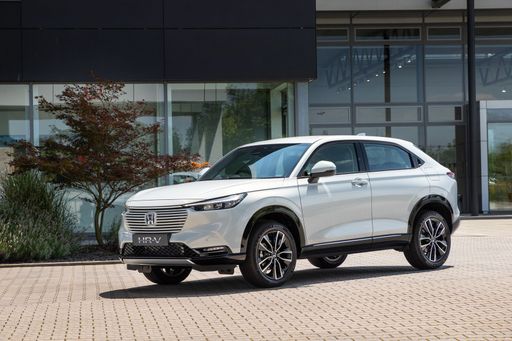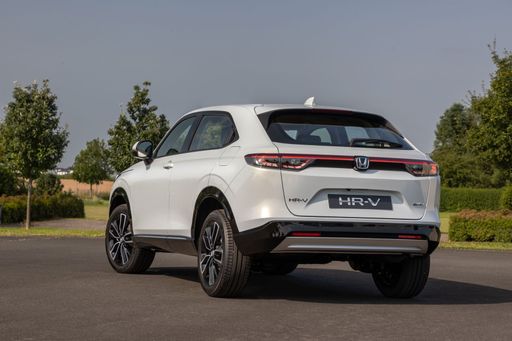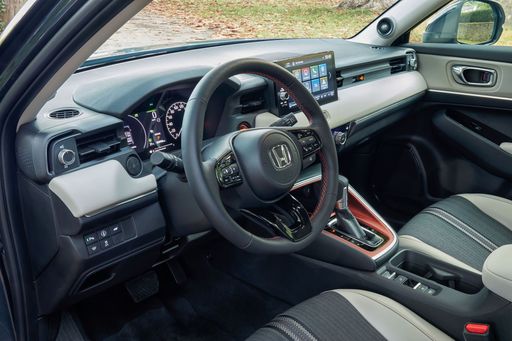Starcie kompaktowych charakterów
W lewym narożniku stoi Honda HR‑V — spokojna, ułożona i praktyczna propozycja dla tych, którzy lubią mieć wszystko pod kontrolą; w prawym — Hyundai Kona, bardziej ekspresyjna i trochę prowokująca, gotowa przyciągnąć spojrzenia. To pojedynek dwóch podejść do miejskiego crossovera: jedno stawia na dyskrecję i użyteczność, drugie na osobowość i dynamikę wizerunku. Oba aspirują do roli uniwersalnego towarzysza dnia codziennego, tylko robią to w innym stylu.








